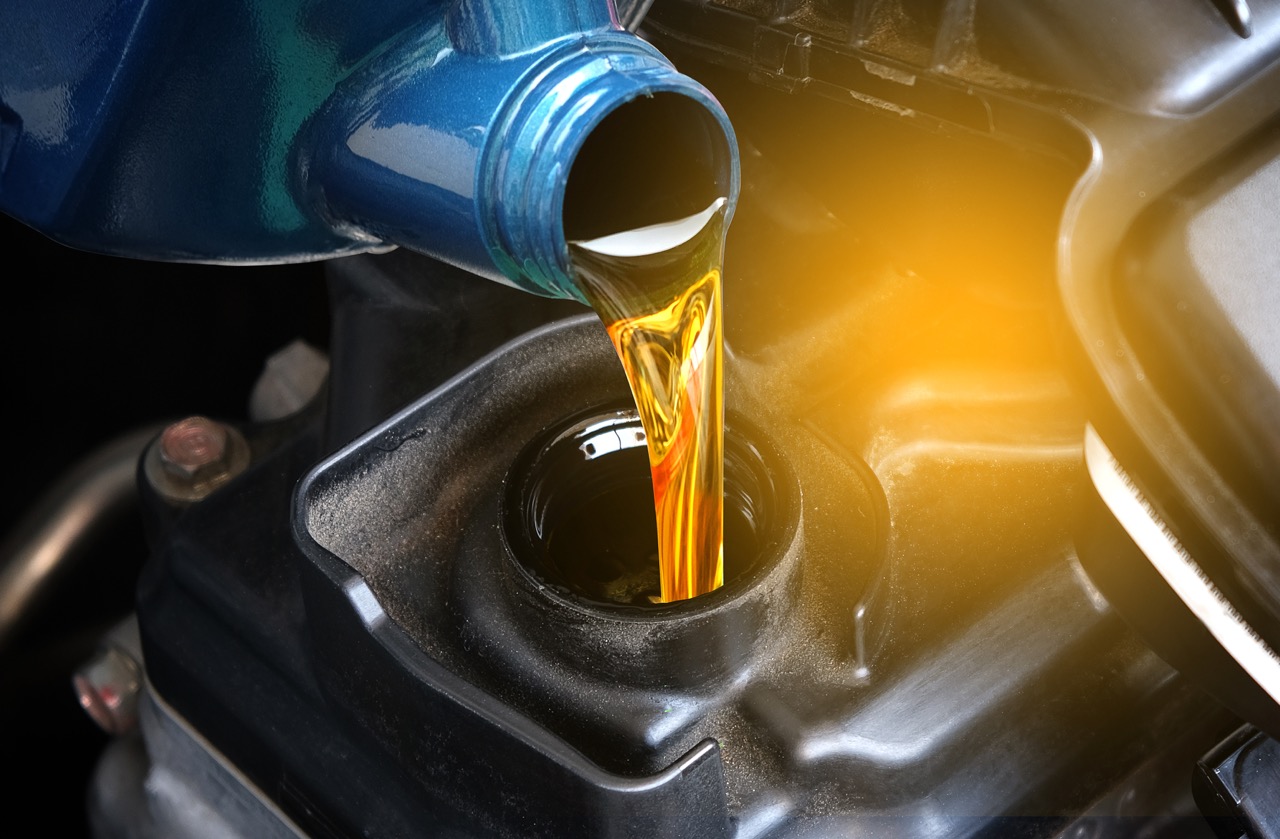
There are minor and significant differences between a standard conventional oil and a newer synthetic oil. Of course, both oils have unique benefits, but how do you know which one is right for your car?
Going With Synthetic
There is a list of benefits to synthetic oil, but let’s go deeper into what those benefits mean.
- Performs better in a broader temperature range
Both conventional and synthetic oil is refined to create the proper viscosity levels, but it’s undeniable that synthetic has a much higher viscosity than its counterpart. This means that it flows easily through your engine, lubricating it quicker. Where conventional oils take some time to run at peak performance, synthetic oil is at optimal performance right from the start. Turning your car on in the dead of winter or on a hot summer’s day won’t make a performance difference to synthetic. You turn the key, and the oil lubricates and protects the engine with minimal effort.
- It keeps the engine cleaner.
Because conventional mineral oils are made from natural crude materials, the substance has more impurities. Let’s say you have conventional oil that you haven’t decided to change for over 10,000 miles; you might be dealing with chemical degradation, sludge, and deposit buildups on your engine. As synthetic oil is manufactured, it’s thoroughly refined (and may even have some added materials to benefit the engine) rather than partially refined. It’s an advantage in the fact that it keeps your engine cleaner for longer.
- Can increase the life of your engine (with routine oil changes and engine maintenance)
Once again, it comes down to the fewer impurities in synthetics. The quality of the oil itself can make this fact even more valid; it’s safe to say that synthetics tend to have better engine protection overall and allow for smoother engine operation.
- Can withstand hotter engine temperatures for longer
Last but certainly not least, synthetics can withstand a much higher engine temperature than conventional oil. Burn-off is reduced because of its chemical stability, ensuring your engine is protected. Have a sports car with an engine that naturally runs hotter than most? Synthetic is the way to go.
So is Conventional Out of the Picture?
You might be thinking, that’s it, I’m switching to synthetic. But, before you head over to Master Muffler and have your oil flushed, filter changed, and synthetic oil put in, there are a few things you should keep in mind. First, not every vehicle needs or runs better with synthetic oil. Yes, it’s true that in most cases, the added engine protection is enough to make up one’s mind, but it’s not always the right choice.
Aside from synthetic oil being more expensive than conventional, there are other determining factors to think about, like:
1. Vehicle’s Original Oil
Most newer vehicles come with synthetic oil, but that’s not the case with all vehicles. Unless your car came off the line with synthetic, it’s running on conventional. You can talk with your car’s manufacturer, but most will recommend that you stick with the oil your vehicle began with. So if you start with synthetic, stick with synthetic. But what if you want to switch? That’s okay! Just check in with the manufacturer and your trusted Master Muffler technician to ensure you’re using the recommended type.
2. How Old Is Your Engine?
Synthetic oil may be the right choice for many, but not for all. If your vehicle has over 70,000 miles already on it, it’s not recommended to switch away from conventional. Although you might be thinking that synthetic oil would help keep your engine protected at this stage, the high viscosity can do more harm than good due to oil flowing too quickly through the engine, leading to gear grinding. Conversely, slower flow leads to better lubrication for high-mileage engines and greater protection for older parts.
What Will You Choose?
No matter what oil your vehicle uses, if you have questions about what’s suitable for your engine, our team can help you find an answer. We’ll consider your driving habits, need for high-performance, current mileage, and manufacturer recommendations. You can trust our teal to keep your engine protected and your vehicle on the road for years to come.
Related Posts
Key Takeaways On average, passenger vehicle tires last 40,000 to 60,000 miles, depending on type, driving habits, and maintenance. Replace tires when tread depth reaches 2/32”, if damaged, or older than 10 years. Regular rotation, alignment, and proper inflation extend tire life. Aggressive driving, poor roads, and harsh weather shorten tire lifespan. Take advantage [...]
When you think about car maintenance, you probably focus on oil changes, tire rotations, and maybe even brake pad replacement. But what about your brake fluid? If you’ve ever wondered, “What does brake fluid do?” or “Why is brake fluid important?”, you’re not alone. Brake fluid might not be the most talked-about part of [...]
Is that high-pitched squeal from your brakes driving you—and everyone else—crazy? Don’t ignore it. Squeaky brakes aren’t just annoying, they’re your car’s way of saying something needs attention. Whether you're cruising through Salt Lake City or winding up Idaho’s mountain passes, here’s what’s likely going on, how you can fix it, and when it [...]





